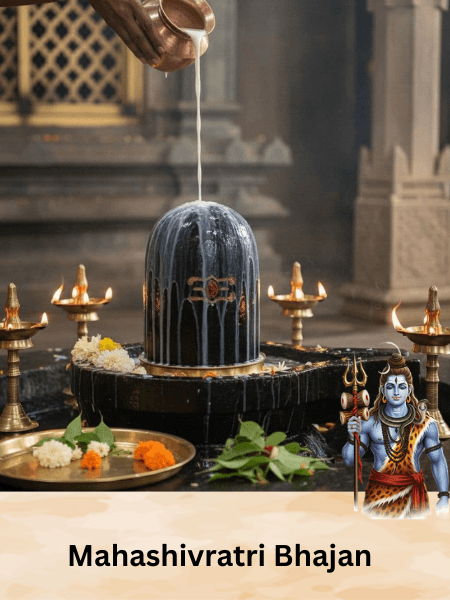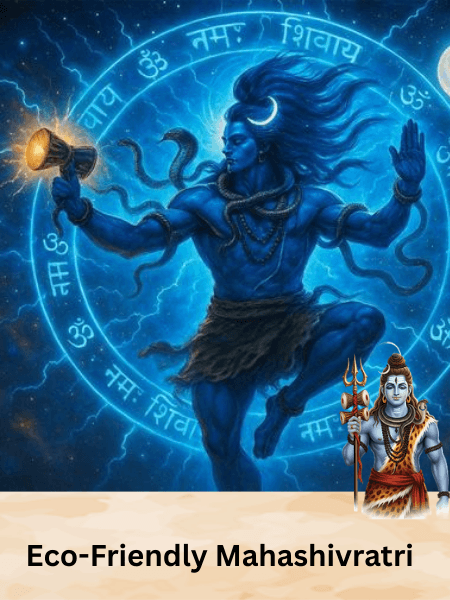
Safla Ekadashi Story
Learn the divine story of Safla Ekadashi, a day when devotees fast and offer prayers to Lord Vishnu, seeking his grace for the removal of obstacles, fulfillment of desires, and achieving success in their endeavors.
Safla Ekadashi Story in English
Once, King Yudhishthira asked Lord Krishna about the significance and story of the Ekadashi falling in the Krishna Paksha (waning phase) of Paush month. Lord Krishna explained, "This Ekadashi is called Safla Ekadashi, and observing it earns merit equal to performing great sacrifices and charity. Let me share its story with you." In the beautiful city of Champavati, a powerful king named Mahishman ruled. He had four sons, the eldest being Lumpak, who was immoral and involved in sinful activities. Unlike the king, Lumpak was wicked, deceitful, and cruel. Due to Lumpak's actions, the entire kingdom began to suffer. The king expelled him from the kingdom, and no one supported him out of fear. Lumpak went to live in a forest but continued his sinful ways by hunting innocent animals and looting nearby towns at night. He lived under a sacred banyan tree, dear to Lord Vishnu. One winter night, he shivered in the cold, unable to sleep. He spent the entire night awake, unknowingly observing the night of Dashami (the day before Ekadashi). The next day, weakened by the cold, he couldn't hunt and instead gathered fallen fruits. He offered the fruits to Lord Vishnu with a heartfelt prayer, asking for mercy and forgiveness. Unintentionally, Lumpak observed the fast of Safla Ekadashi, which greatly pleased Lord Vishnu. The next morning, a radiant white horse appeared before him, and a divine voice announced, "Lumpak, you have performed the Safla Ekadashi fast with sincerity, and Lord Vishnu is pleased with you. Your sins are forgiven. Return to your kingdom and establish righteousness." Lumpak, overjoyed, returned to his father, sought forgiveness, and shared everything that had happened. The king was delighted to see his son reformed. Lumpak became a just ruler, fulfilling his duties with devotion. He married a princess, had a son, and lived righteously. Later, King Mahishman entrusted his kingdom to Lumpak and retired for penance. Lumpak followed in his father’s footsteps, renounced the throne in his final days, and eventually attained Vaikuntha (Lord Vishnu's abode). Lord Krishna concluded by telling Yudhishthira, "Anyone who reads or hears the story of Safla Ekadashi with devotion attains immense merit, overcomes all suffering and sins, and achieves liberation."
Did you like this article?
Recommended
Read more
Mahashivratri 2026 Bhajans
Explore popular Mahashivratri bhajans for 2026. Learn devotional songs, mantras, and chants to honor Lord Shiva and enhance spiritual devotion during the festival.

Mahashivratri 2026 Puja for Kumbh Rashi
Learn how to perform Mahashivratri puja for Kumbh Rashi in 2026. Discover zodiac-specific rituals, mantras, and spiritual benefits to seek Lord Shiva’s blessings.

Mahashivratri 2026: Celebrate Sustainably
Learn how to celebrate Mahashivratri 2026 in an eco-friendly way. Discover sustainable puja ideas, decorations, and practices to honor Lord Shiva responsibly.